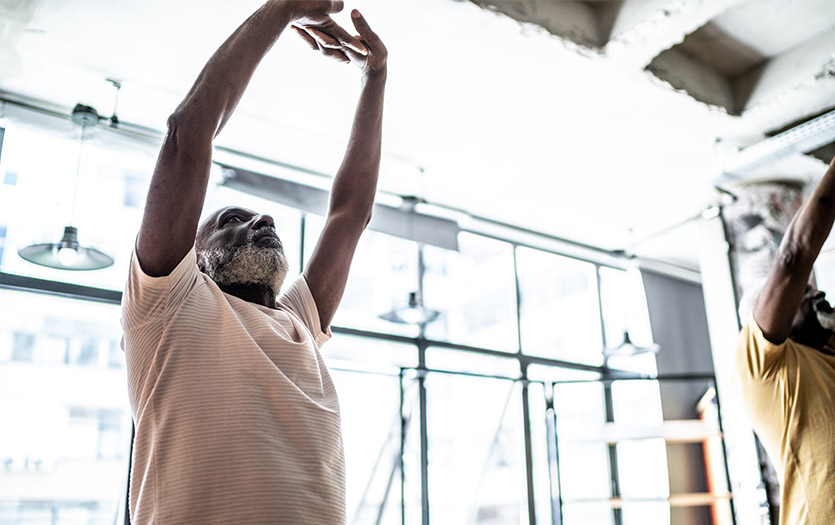

Would it surprise you to know more than? 18 million women have incontinence? Sometimes a simple sneeze, persistent cough or light exercise session can cause urine leakage. This inconvenient, embarrassing condition might sway you to limit or avoid activities you enjoy, like exercising, traveling or socializing.
The team at Parkview Outpatient Therapy is dedicated to helping you feel better physically and emotionally. Our women’s health physical therapy team has specialized training in treating conditions of the pelvic floor, which is integral to bladder function. Your therapist will work with you in a caring, comfortable environment to create a personalized care plan to reduce incontinence symptoms with a goal of treating the underlying condition.
Causes.
Although incontinence is commonly thought to be part of the natural aging process, it can affect women at any age. The weakening of the pelvic floor muscles and connective tissues can result from:?
• Certain medications?
• Diabetes?
• Menopause and estrogen depletion
• Pregnancy and child birth?
• Stroke?
• Weight gain
Types of Incontinence.
There are four main types of incontinence common among most women:
• Stress incontinence
The unintentional release of urine while exercising, lifting something heavy, laughing, sneezing or coughing.
• Urge incontinence
The sudden, intense urge to urinate, followed by an involuntary loss of urine. You may feel like you never have enough time to get to the bathroom.
• Overflow incontinence
Occurs when you are unable to completely empty your bladder. You may feel like you have a full bladder even after urinating, or you may wake several times a night with a strong urge to urinate.
• Mixed incontinence
Occurs when you have symptoms of stress, urge and overflow incontinence – or any combination of?the three.
Treatment options.
Incontinence is treatable, but not all approaches work for every woman. At Parkview Outpatient Therapy, you will receive a comprehensive physical therapy evaluation, keeping in mind your need for privacy and caring. Upon determining factors that affect your condition, our therapist will discuss treatment options:
• Pelvic floor exercises strengthen weak or uncoordinated muscles across the bottom of the pelvis, which reduces episodes of stress incontinence. ?
• Core muscle strengthening improves the strength of weakened abdominal muscles. ?
• Manual treatments and an evaluation of pelvic, sacroiliac, spine and hip joint alignment will help increase joint mobility and improve pelvic floor function. ?
• Intravaginal trigger point release relaxes tension that impairs proper pelvic floor muscle function. ?
• Electrical treatment to increase muscle awareness and strengthen pelvic floor muscles. The device provides stimulation that prevents inappropriate bladder contractions by reducing urge sensations. ?
• Electromyogram biofeedback involves recording muscle activity and strength during therapeutic exercises. It promotes neuromuscular re-education of pelvic floor muscles. ?
• Extensive condition-specific education, which may include relaxation and breathing exercises, fitness and wellness habits, biomechanics?and ergonomics, bladder health and other relevant topics. ?
If you are concerned about incontinence, consult your primary care physician. Parkview Outpatient Therapy is located at Medical Park 11 ?on the Parkview Regional Medical Center campus. Call (260) 266-4080 for more information.



